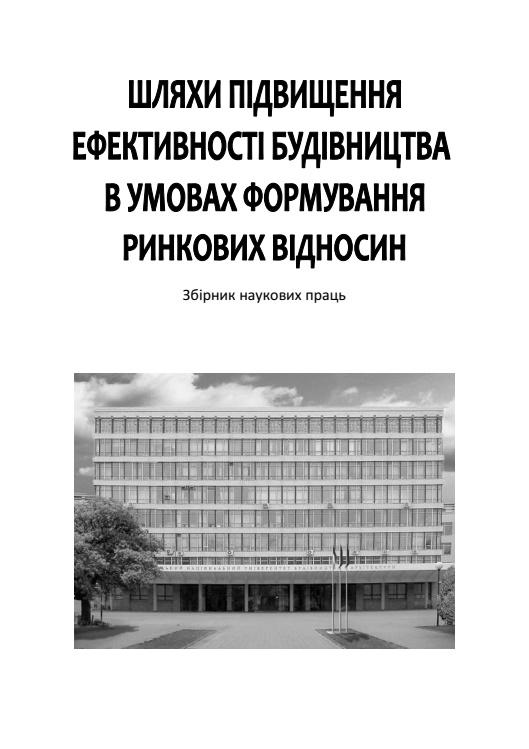Ідентифікація стейхолдерів процесу підвищення енергоефективності у житлово-комунальному господарстві
DOI:
https://doi.org/10.32347/2707-501x.2012.26.80-86Keywords:
стейкхолдери, енергозбереження, підвищення енергоефективності, аналіз зацікавлених сторін.Abstract
Considered are the main interested parties (stakeholders) at the national and local levels of the process of energy saving in housing and communal services of Ukraine. Identification of the stakeholders will make it possible to conduct a stakeholder analysis to determine the capacity and willingness of stakeholders to participate in the process of enhancing the efficiency of housing and communal services.
References
Freeman R.E. Strategic management: A stakeholder approach. –Boston: Pitman, 1984.
Петров М. А. Теория заинтересованных сторон: пути практического применения [Текст] / М. А. Петров // Вестник СПбГУ. Сер. Менеджмент. – 2004. – № 2. – С. 51–68.
Солодухин К. С. Проблемы применения теории заинтересованных сторон в стратегическом управлении организацией [Текст] / К. С. Солодухин // Проблемы современной экономики. – 2008. [1]. – № 4.
Островська Г. Огляд теоретичних концепцій стратегічного управління на основі зростання вартості [Текст] / Г. Островська, І. Серединська // Галицький економічний вісник. − 2009. −№ 1. − С. 10–18.
World Wildlife Fund. WWF Standards of Conservation Project and Programme Management [online], 09 February 2007. Available from < www.panda.org/standards/complete/>.
Энергосбережение в зданиях. Что вам следует об этом знать / Проект «Инициатива энергосбережения в зданиях в странах Восточной Европы и Центральной Азии» (ESIB) программы INOGATE. – Киев, 2012. – 64 с.
Downloads
How to Cite
Issue
Section
License
Copyright (c) 2020 Н. М. Павленко

This work is licensed under a Creative Commons Attribution 4.0 International License.
Authors who publish with this journal agree to the following terms:
- Authors retain copyright and grant the journal right of first publication with the work simultaneously licensed under a Creative Commons Attribution License that allows others to share the work with an acknowledgement of the work's authorship and initial publication in this journal.
- Authors are able to enter into separate, additional contractual arrangements for the non-exclusive distribution of the journal's published version of the work (e.g., post it to an institutional repository or publish it in a book), with an acknowledgement of its initial publication in this journal.
- Authors are permitted and encouraged to post their work online (e.g., in institutional repositories or on their website) prior to and during the submission process, as it can lead to productive exchanges, as well as earlier and greater citation of published work (See The Effect of Open Access).

